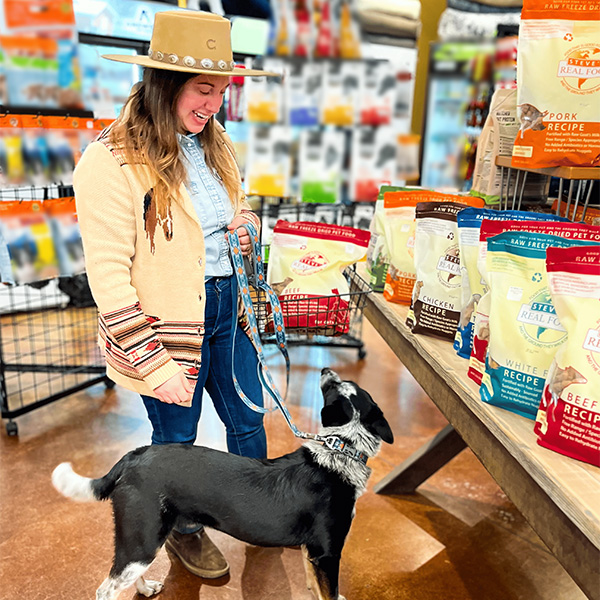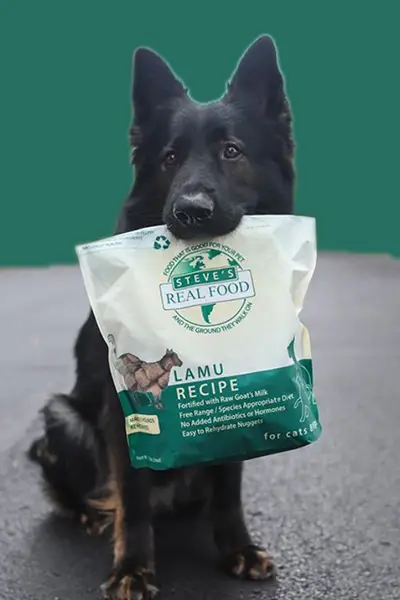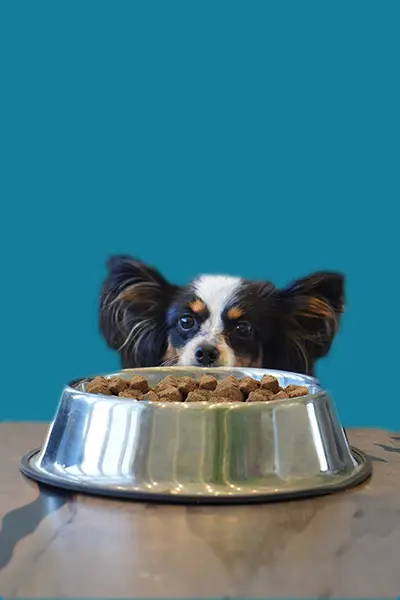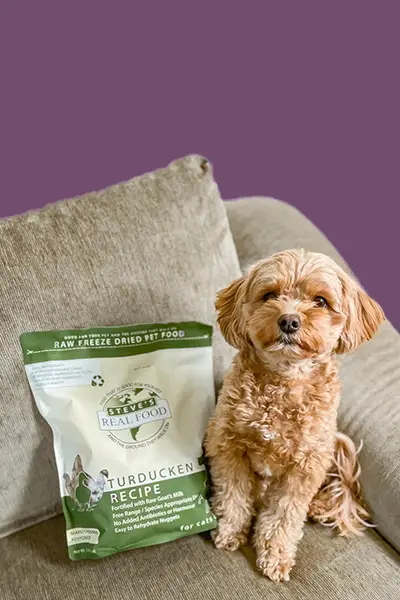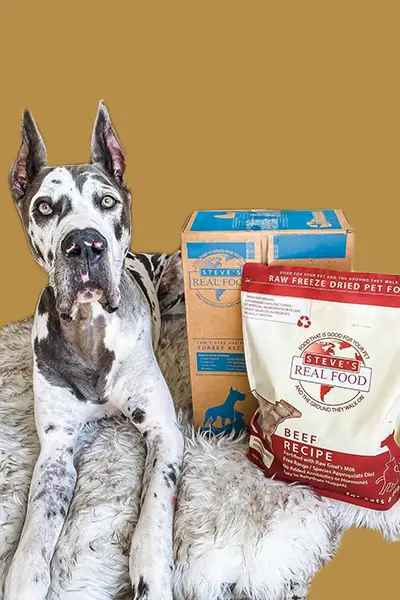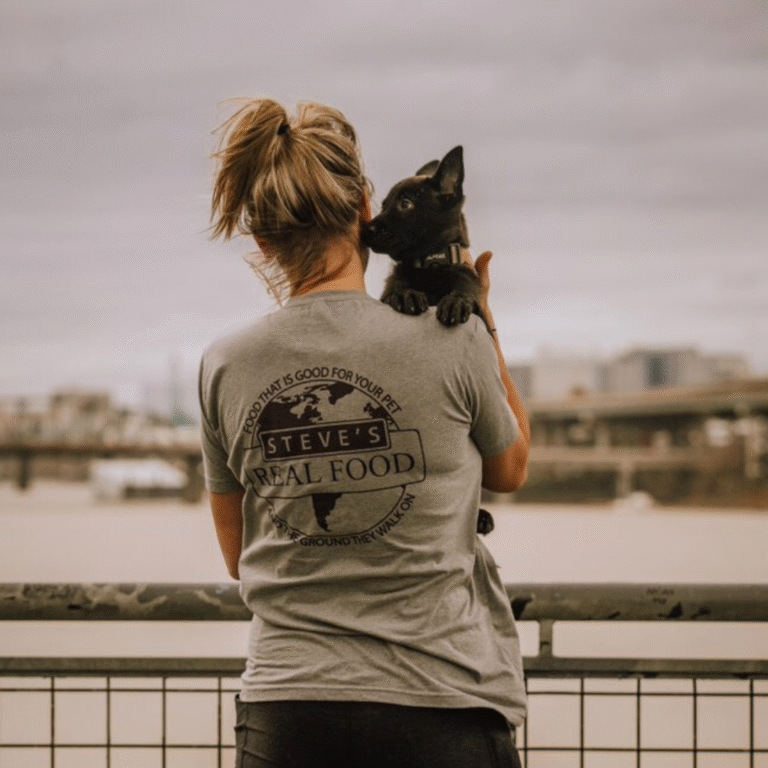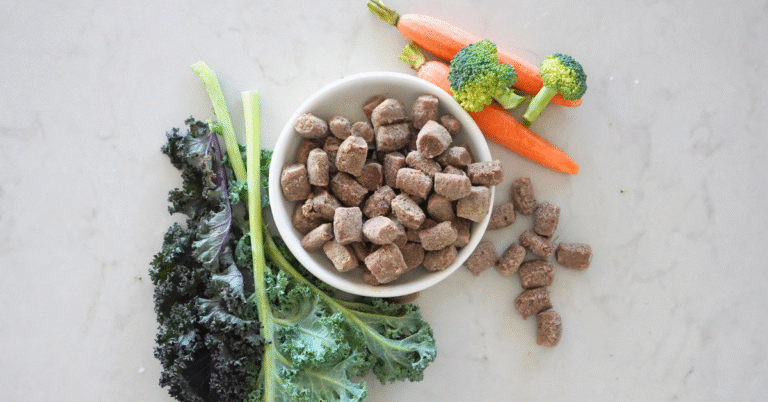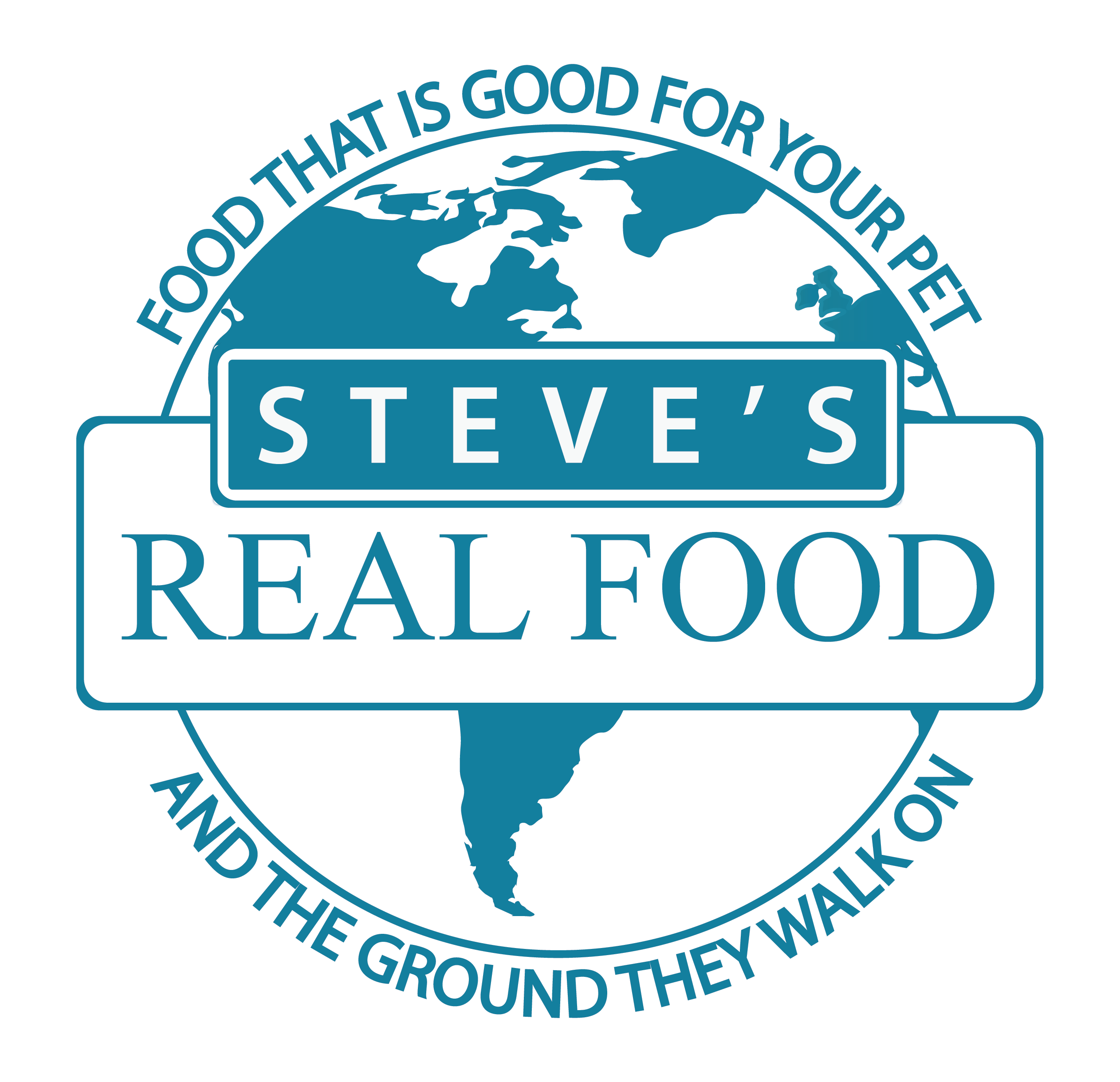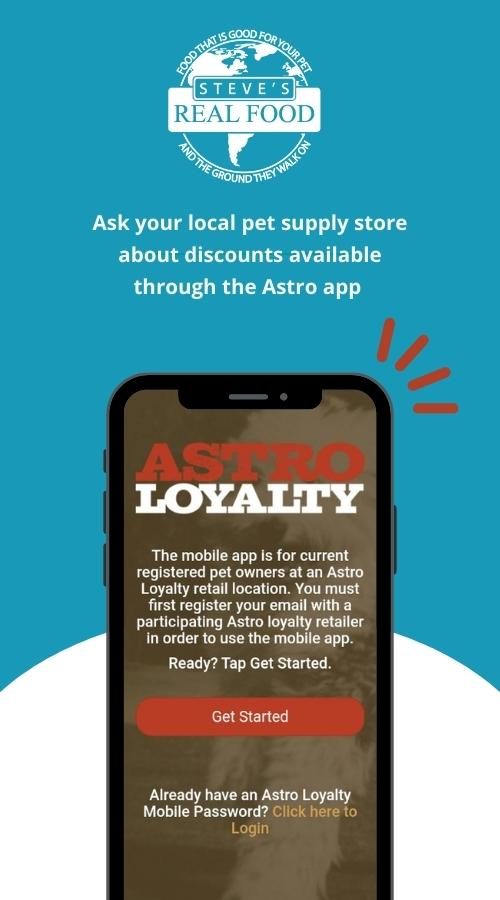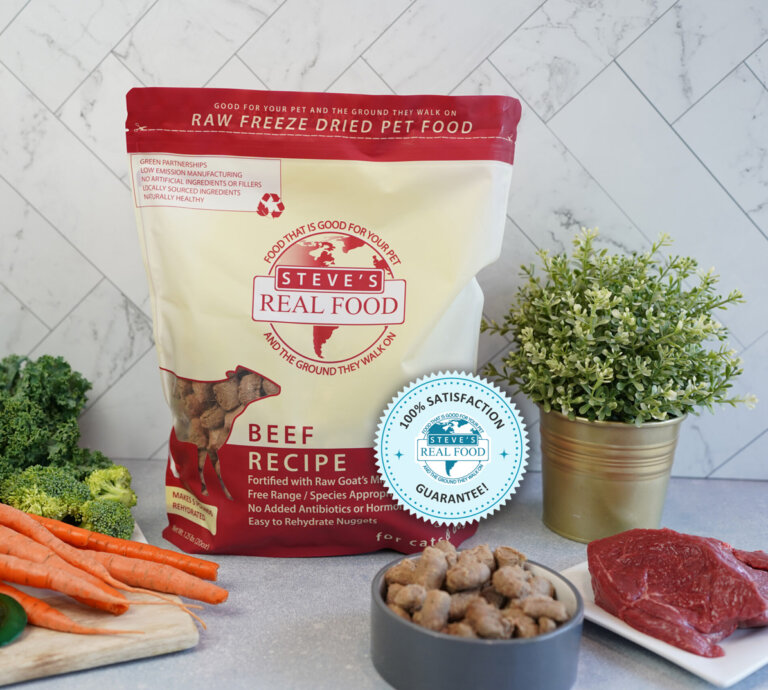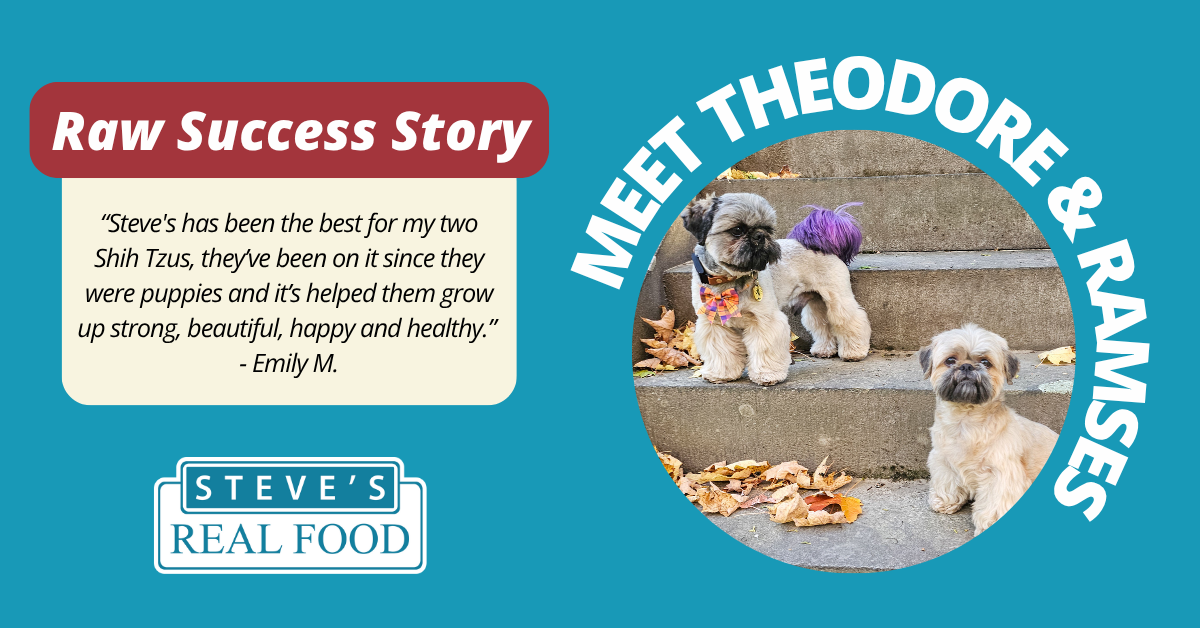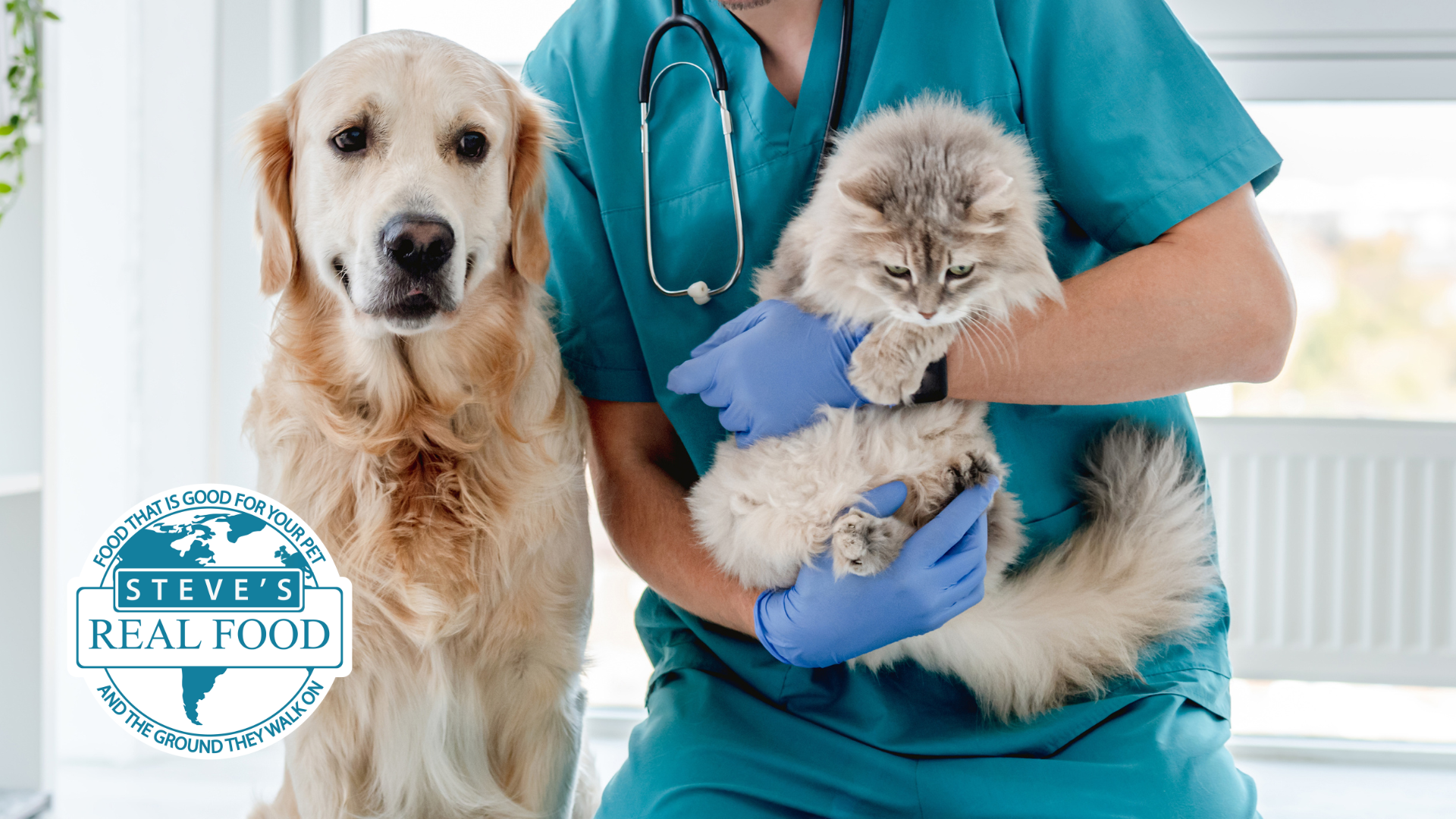It seems more and more these days you hear the words ‘probiotic’ and ‘prebiotic.’ You may have a vague idea of what they mean, and that they are healthy for you or your pet, but do you know why they matter so much?
The difference between prebiotics and probiotics
Pre-biotics are, essentially, a type of fiber that feeds the healthy gut bacteria (probiotics) in our digestive tract. So the Prebiotics are the fuel, and the probiotics are the car if you will. Prebiotics are fibrous materials that do not digest in the stomach but pass undigested to the gut, where probiotics feed on them and use them for fuel. Inulins are one of the most important prebiotics, and one of the few that meet the leading expert’s definition of a complete form of prebiotics. Derived from Chicory Root, Steve’s Real Food contains inulins, a supplement that feeds the good bacteria in the gut.
Probiotics, the healthy bacteria in your gut, keep your digestive system in check, balancing dangerous bacteria, promoting good digestion, and performing crucial functions that are just beginning to be understood. Scientists have discovered thousands of strains, and they identify more every year. Thus far the balance of gut bacteria and probiotics has been linked to either contributing to or helping alleviate symptoms from IBS, allergies, lactose intolerance, immunity, anxiety, colic, constipation, cavities, eczema, and more. Problems as far-reaching as mental illness and Chrone’s disease are currently being evaluated to see how probiotics can lead to new treatment options.

Inflammation and probiotics are tied closely together because inflammation begins in the gut, and that is where treatment begins, as well. If the bacteria in our gut are out of balance, inflammation can run rampant. Certain strains of probiotics can strengthen the gut barrier, lower inflammatory response, balance our pH levels, enhance mineral absorption, and neutralize harmful bacteria in our gut that can lead to illness and produce toxins. Probiotics can also help make other minerals and nutrients more bio-available, increasing our body’s ability to absorb essential building blocks for good health.
Prebiotics can be found in more than just chicory root , although this is their best source. Fibrous foods are the best sources; they are most bioavailable when raw. Things like Garlic, Dandelion Greens, Leeks, Onions, Asparagus, Wheat Bran, and Bananas are all excellent sources of prebiotics.

- Lactobacillus Delbrueckii
- Lactobacillus Bulgaricus
- Streptococcus thermophilus
- Lactobacillus Acidophilus
- Bifidobacterium longum
- Bifidobacterium Lactis
Raw Goat Milk (unpasteurized, like the goat milk in all our products) is another wonderful source of probiotics, and while federal regulations make raw milk illegal, the health benefits are numerous for those who can find and purchase it from local farmers. Those that can access it enjoy over 200 strains of probiotics that are naturally occurring as well as the prebiotics. Add in the digestive enzymes found in raw food, and you have great building blocks to promote a healthy gut and digestive health.
 Beef
Beef Chicken
Chicken Whitefish
Whitefish Pork
Pork Lamb
Lamb Turkey
Turkey Turducken
Turducken All Protein
All Protein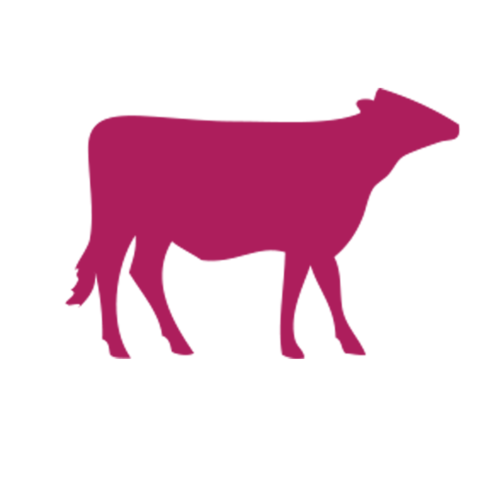 Beef
Beef Chicken
Chicken White Fish
White Fish Pork
Pork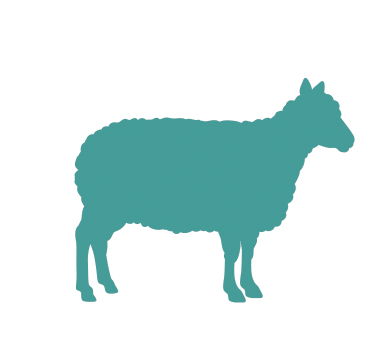 Lamb
Lamb Turkey
Turkey Duck
Duck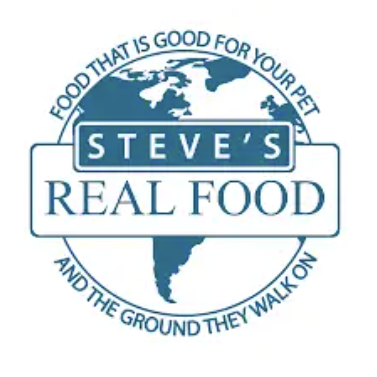 All Products
All Products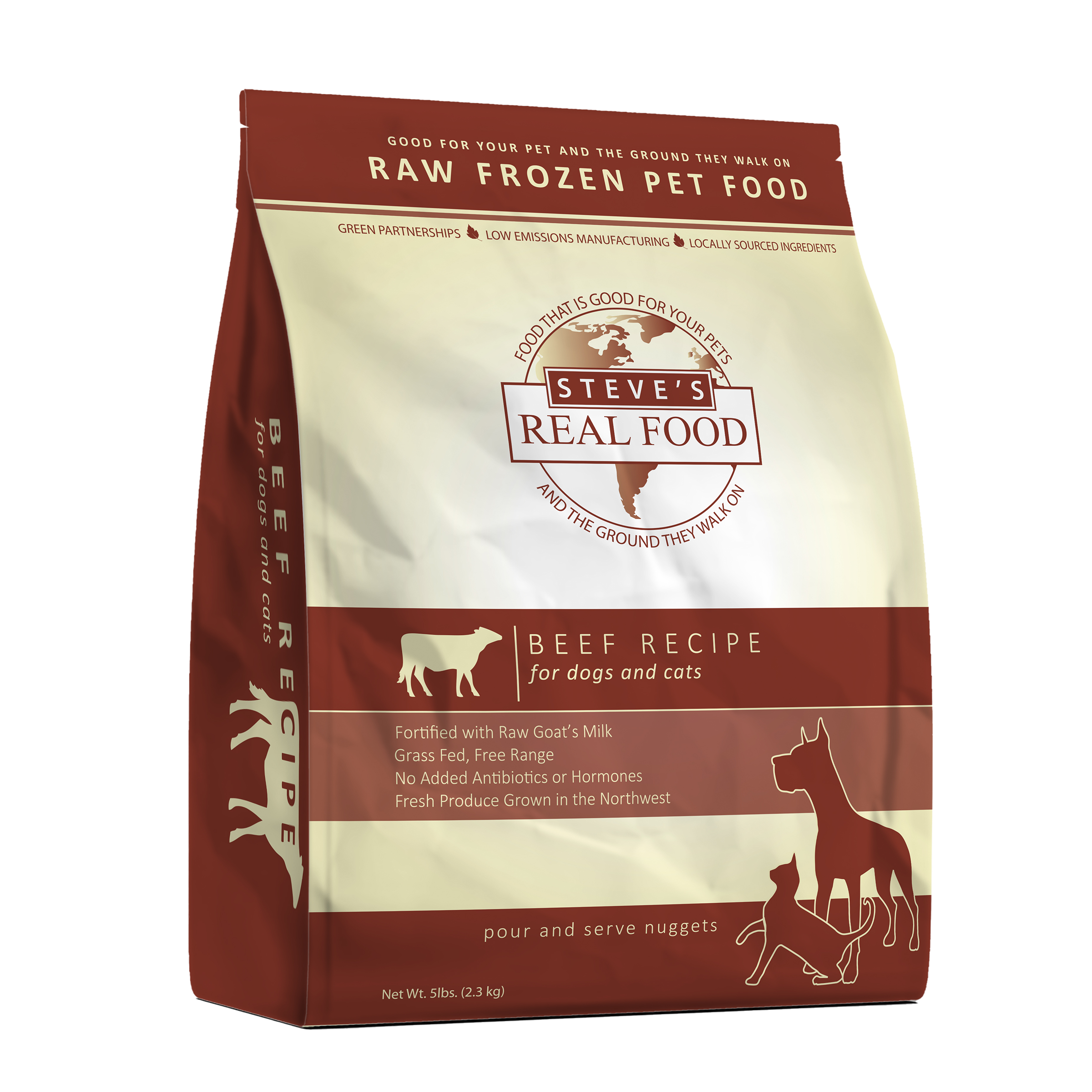 Frozen Raw Pet Food
Frozen Raw Pet Food
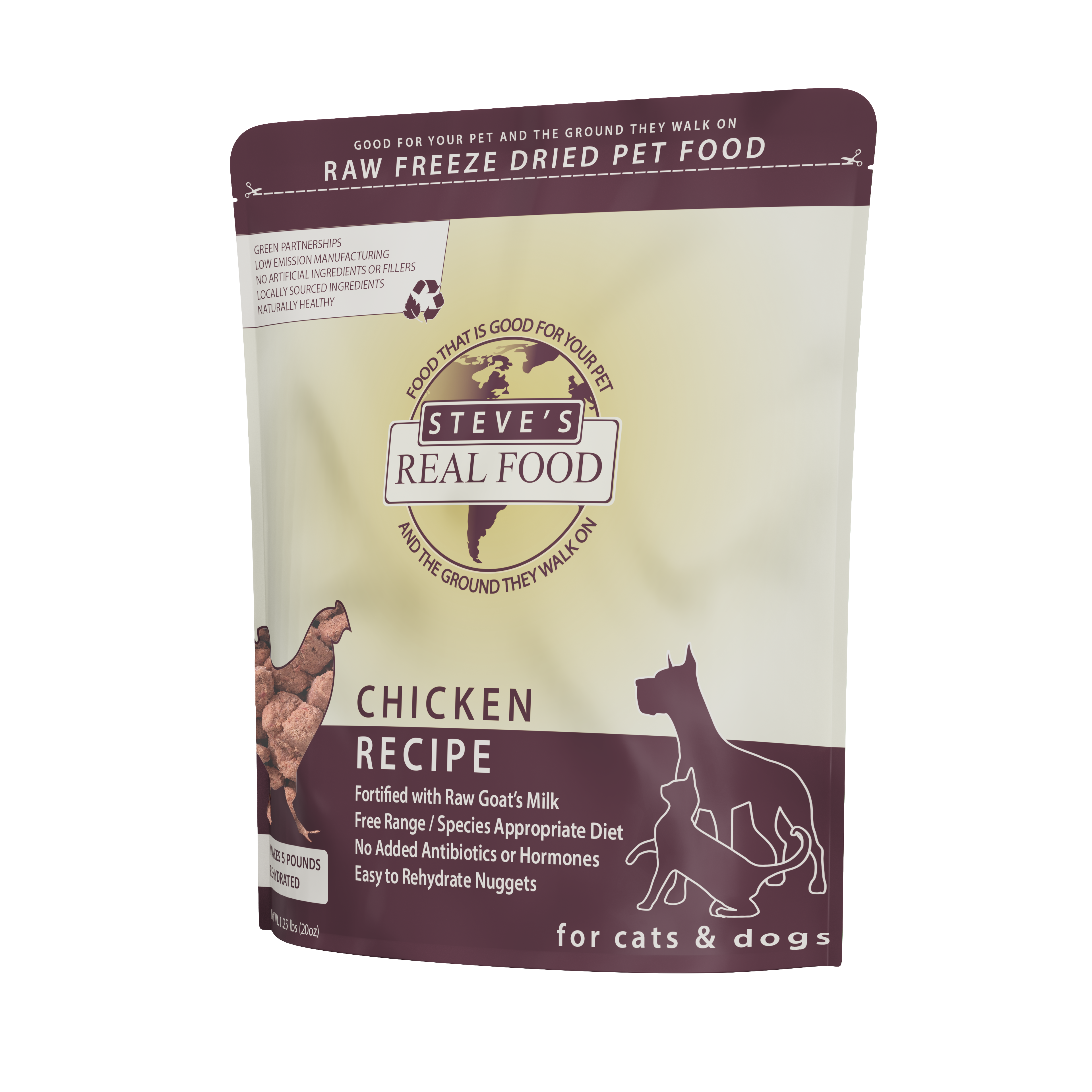 Freeze Dried Raw Pet Food
Freeze Dried Raw Pet Food
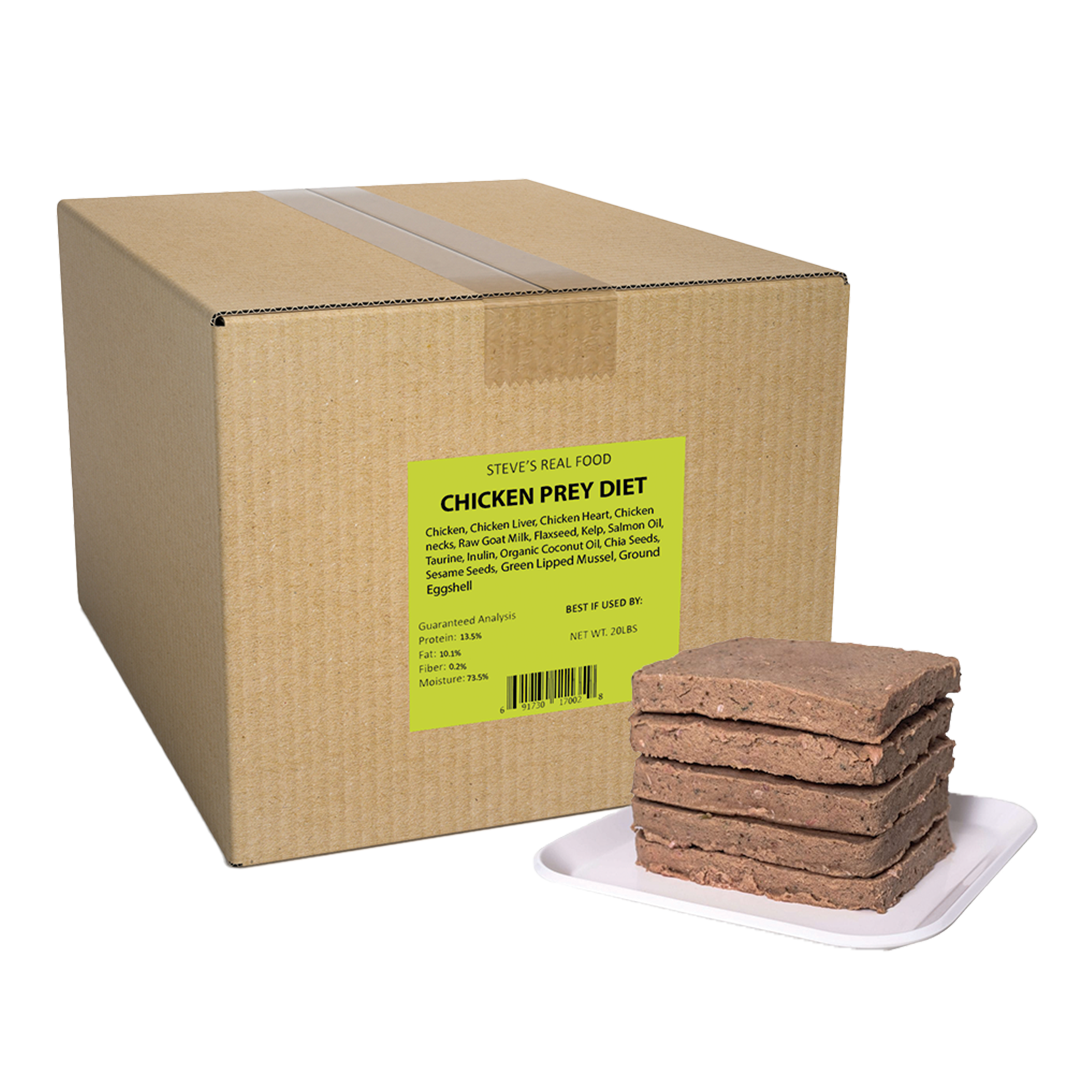 Frozen Prey Diet
Frozen Prey Diet
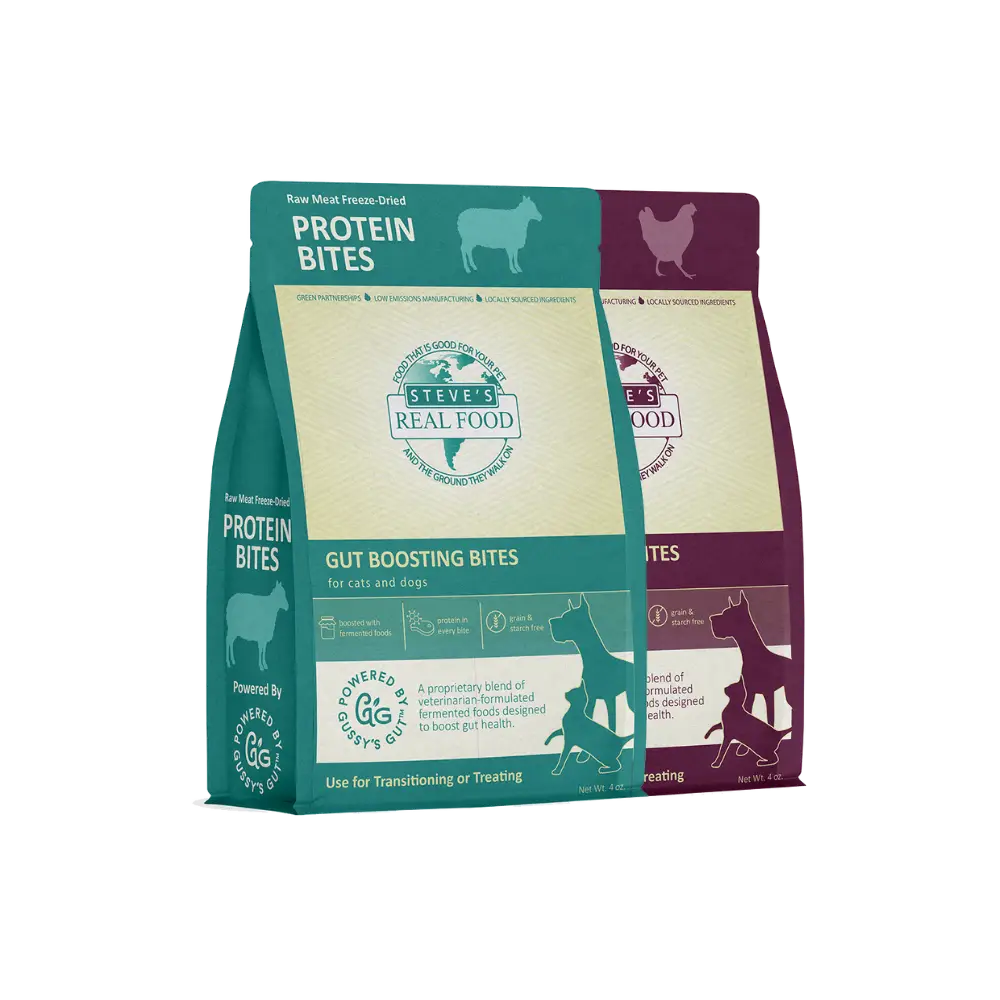 Freeze Dried Protein Bites
Freeze Dried Protein Bites
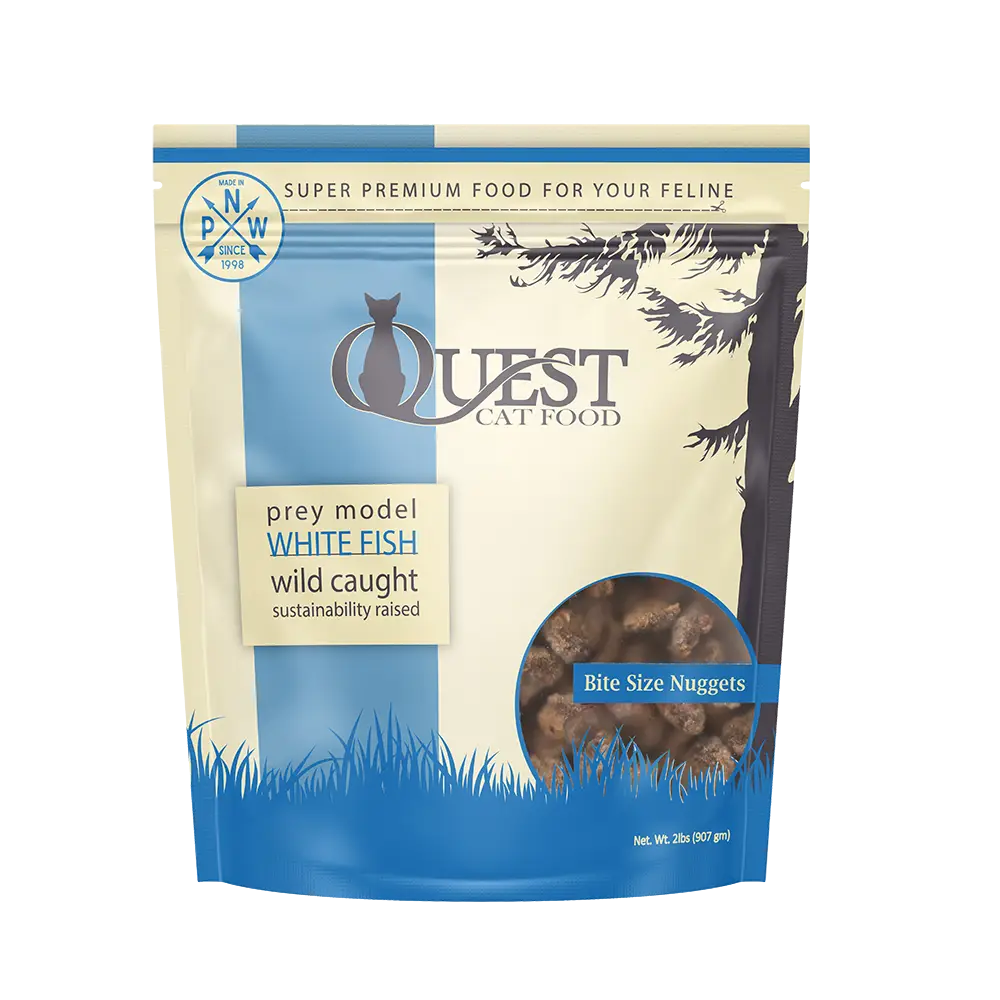 Frozen Quest
Frozen Quest
 Freeze Dried Quest
Freeze Dried Quest
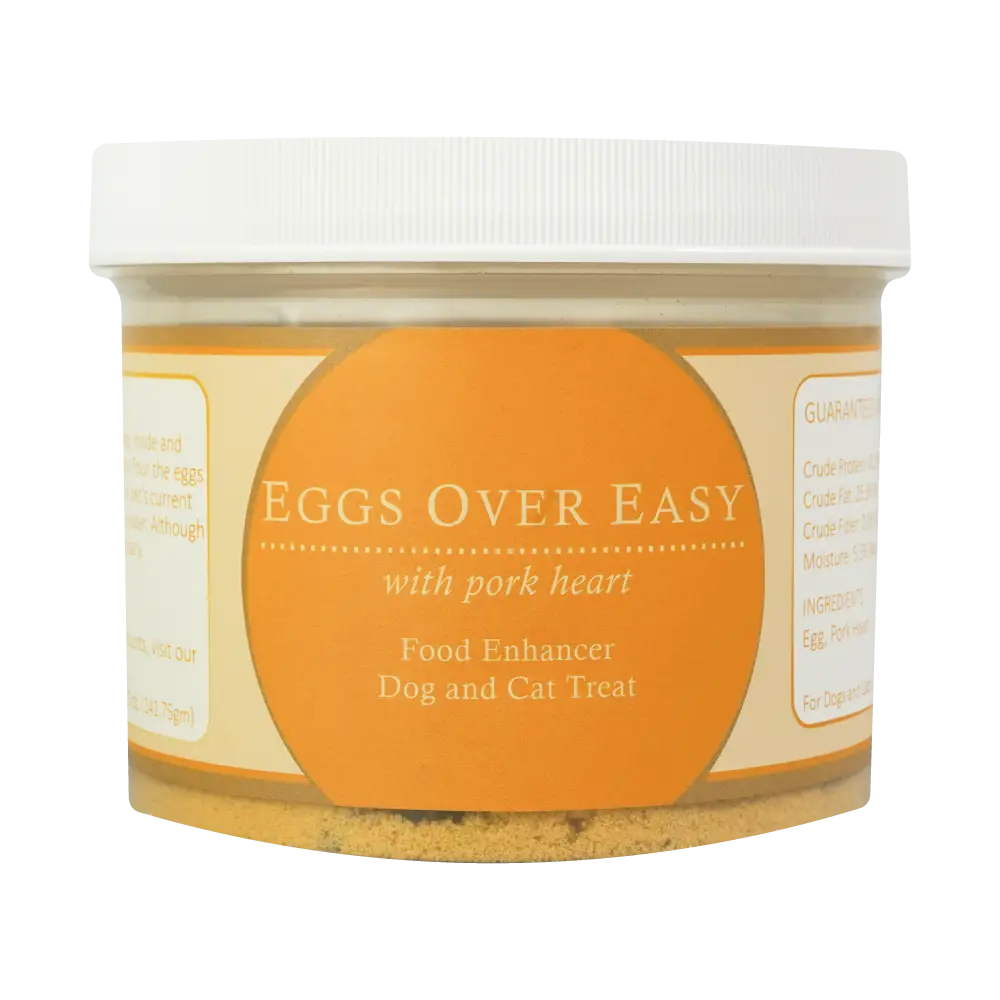 Eggs over Easy
Eggs over Easy
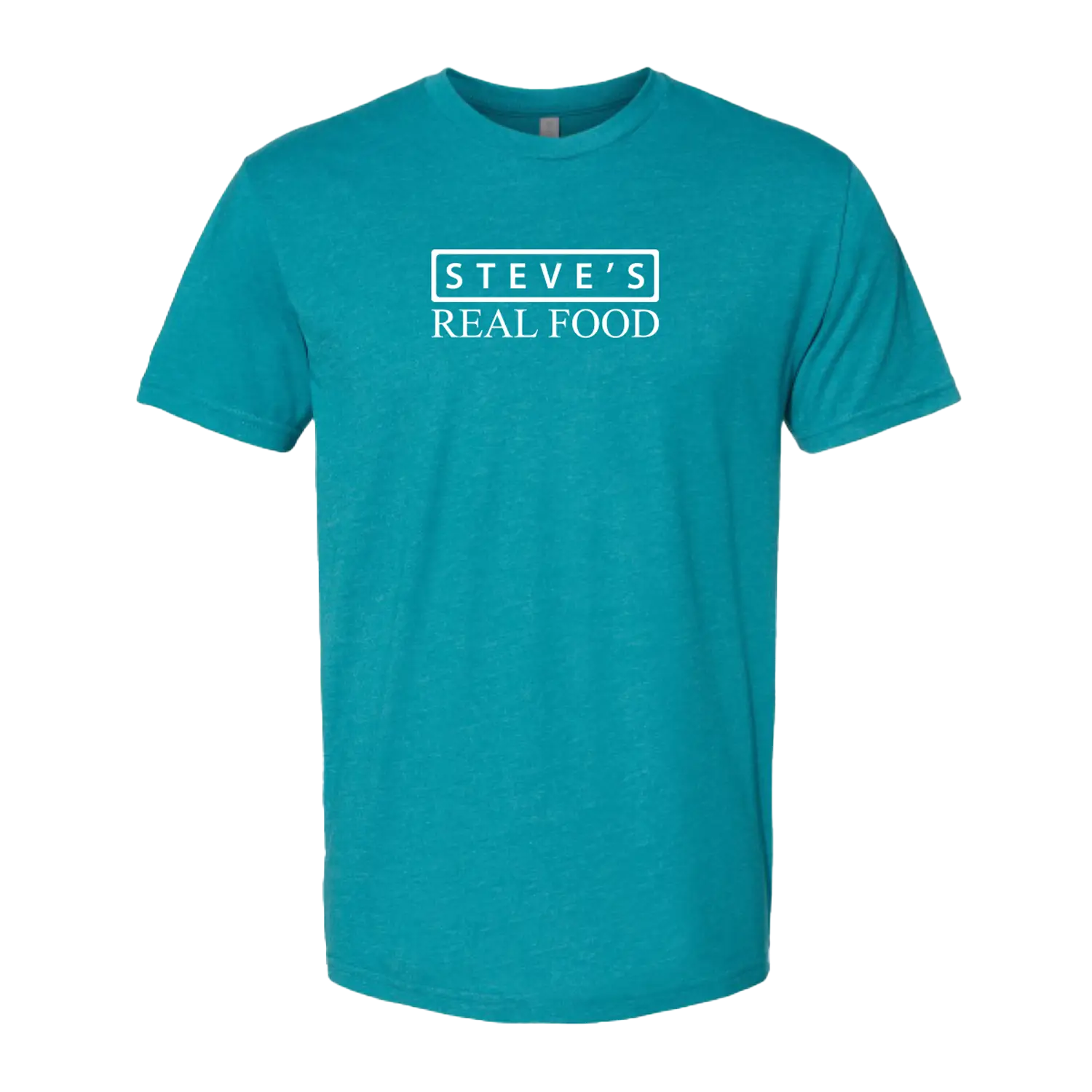 Steve's Merch
Steve's Merch 